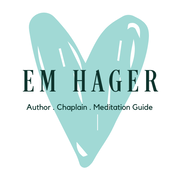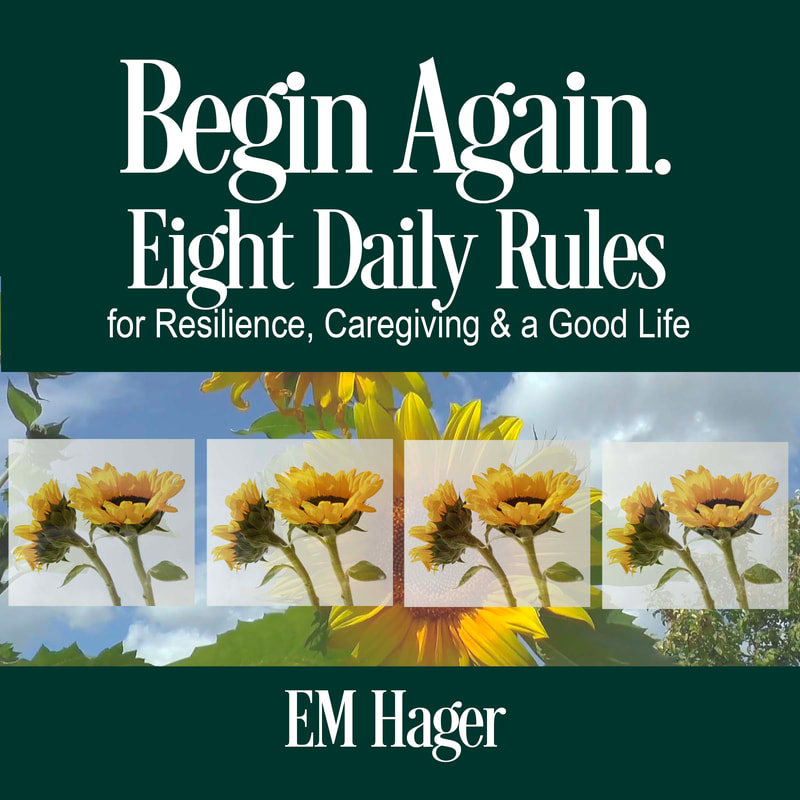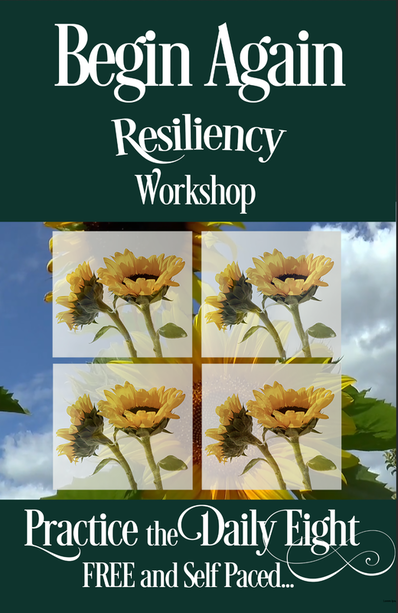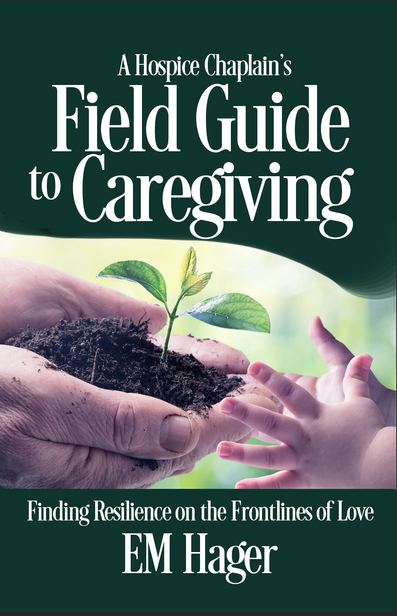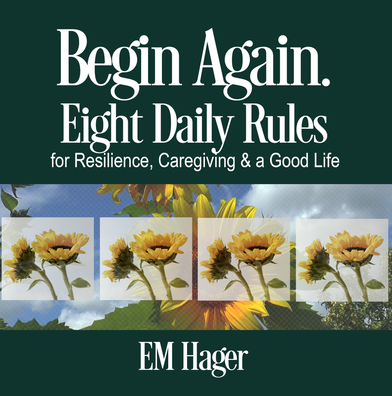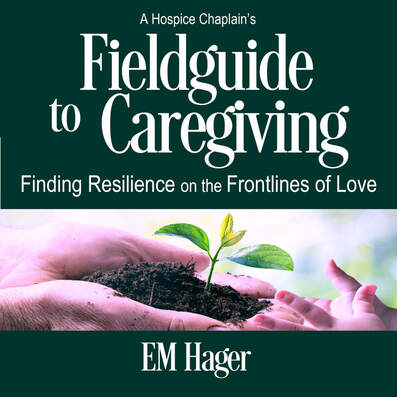Gift No. 3 - Etak Compass
LISTEN to our Longings and Discontents. They are Inner Guidance
Etak is the oral tradition of Micronesian navigation, which uses no instruments or technical manuals.
LISTEN to the Chapter Here
|
This NEW Audible book is compact, actionable wisdom for any stressed out person who needs to find their center again...
Now an Audible audio book is available for those people too busy to read... We got you covered! |
Sustainable Caregiving in sweet small steps...and two books:
"I read it all night. It was funny and useful." - A.W.
TWO BOOKs AND AUDIBLE Recordings:
BEGIN AGAIN has the first 8 gifts... The Field Guide has ALL the gifts...
Both are about caregiving as a circle of care & that includes you.
© COPYRIGHT 2017-2023 ALL RIGHTS RESERVED.
PRIVACY POLICY
BEGIN AGAIN has the first 8 gifts... The Field Guide has ALL the gifts...
Both are about caregiving as a circle of care & that includes you.
© COPYRIGHT 2017-2023 ALL RIGHTS RESERVED.
PRIVACY POLICY
